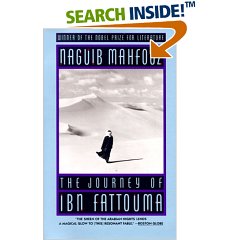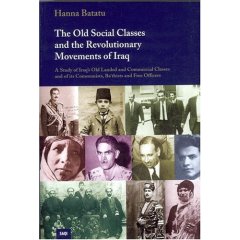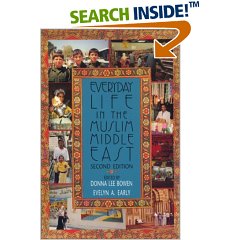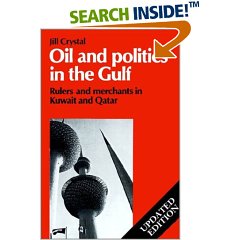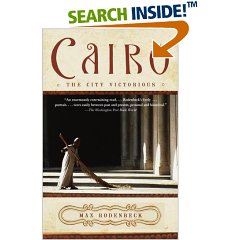Blood Brothers by Elias Chacour
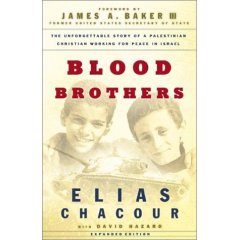
Posted by J
Blood Brothers by Elias Chacour
Click here to purchase
The true story of a Palestinian who lived through the tumultuous events that led to the founding of the state of Israel. A Christian Palestinian, Elias Chacour's family was displaced by Israeli forces but found refuge in the town of Gish in the Galilee which became part of the state of Israel. His eyewitness account of those events and what it was like to live as an Arab in a Jewish state are illuminating. From his boyhood to his ordination to the Priesthood and finally culminating in a fight for equal rights within Israeli society, Blood Brothers is essential reading for those seeking to gain a deeper understanding of Israeli Arabs, a group not fully accepted in either Israeli or broader Arab societies.



